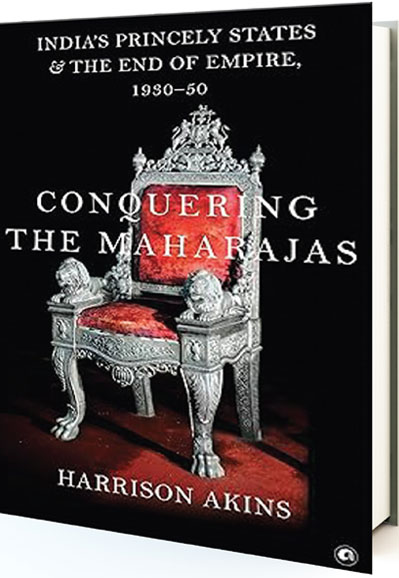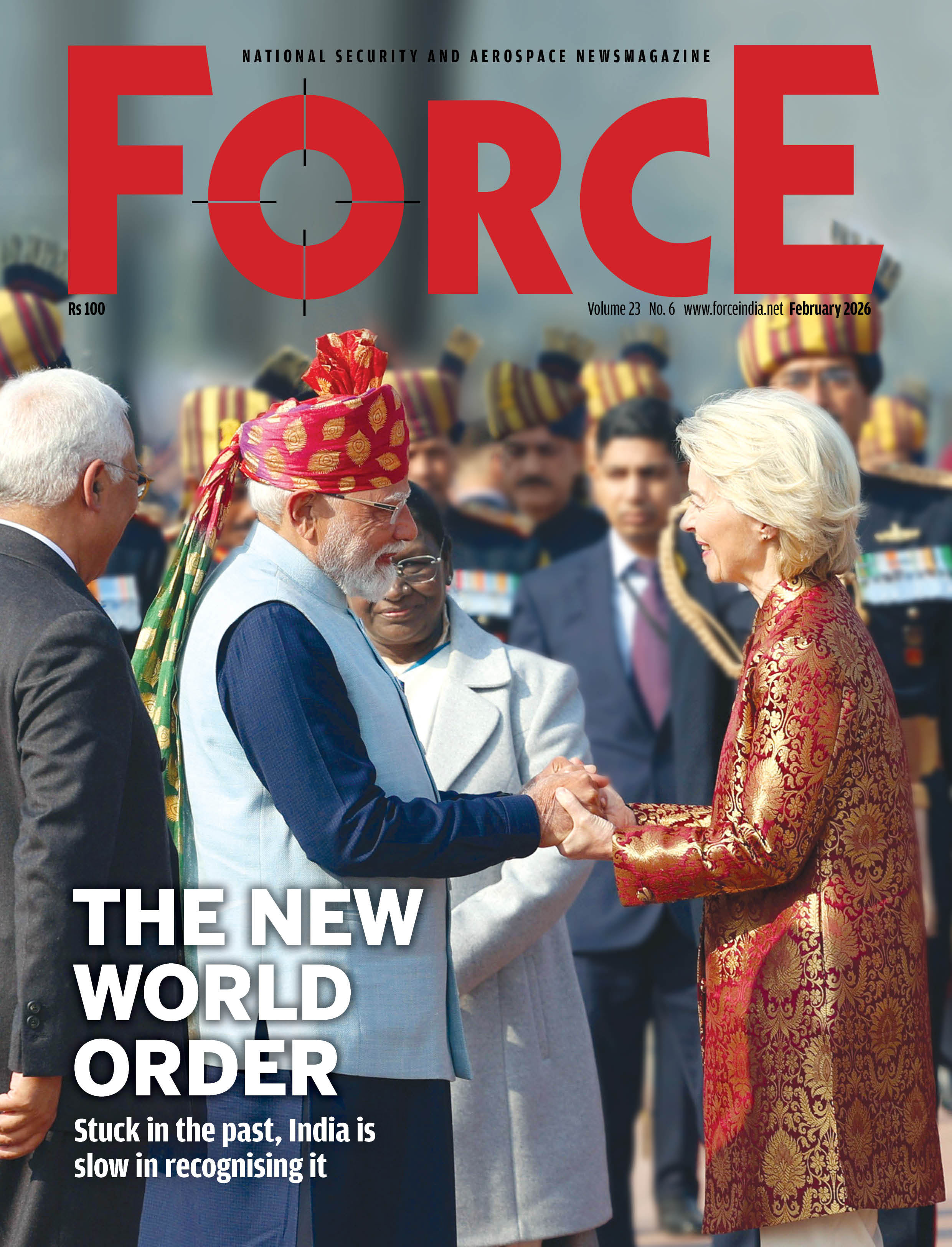The Most Coveted
How Kashmir missed being the ‘Switzerland of the East’. An extract
Harrison Akins

Amid these rising tensions with the Congress leadership, the Maharaja began to warm to the idea of Kashmiri independence under the influence of Kak, as it became increasingly clear the British would soon depart India. With the most strident and popular opposition to his rule so closely associated with Congress, he could not fathom the possibility of acceding to the Indian Union under a Congress-dominated government and retaining his sovereignty. Joining a Congress-ruled India, in his mind, necessarily meant abrogating his vested political authority and interests. Likewise, once the decision to establish Pakistan was made, accession to the Muslim state was not a path the Hindu ruler would consider. Nehru pointed to Kak as influencing the Maharaja’s thinking and contributing to the numerous problems within the state, arguing that he had fomented communal friction to weaken the National Conference and keep Kashmir out of India. In June 1947, he advised Mountbatten that Kak, who had ‘succeeded in antagonizing every decent element in Kashmir and in India as a whole,’ needed to be removed from his position with Abdullah and other political prisoners immediately released.
After announcing Partition, Mountbatten departed for Jammu and Kashmir to assess the political inclinations of the state. During this visit, the Maharaja was ‘very elusive,’ and the only times Mountbatten was able to converse with him at any length were on car rides together. The Viceroy pressured him to decide to accede to either Pakistan or India, which state was a matter of a choice for the Maharaja. Mountbatten assured him that if he ultimately chose Pakistan the State Department would not view this as an ‘unfriendly act’ toward India. In the meantime, the Maharaja should
Subscribe To Force
Fuel Fearless Journalism with Your Yearly Subscription
SUBSCRIBE NOW
We don’t tell you how to do your job…
But we put the environment in which you do your job in perspective, so that when you step out you do so with the complete picture.








 VIDEO
VIDEO